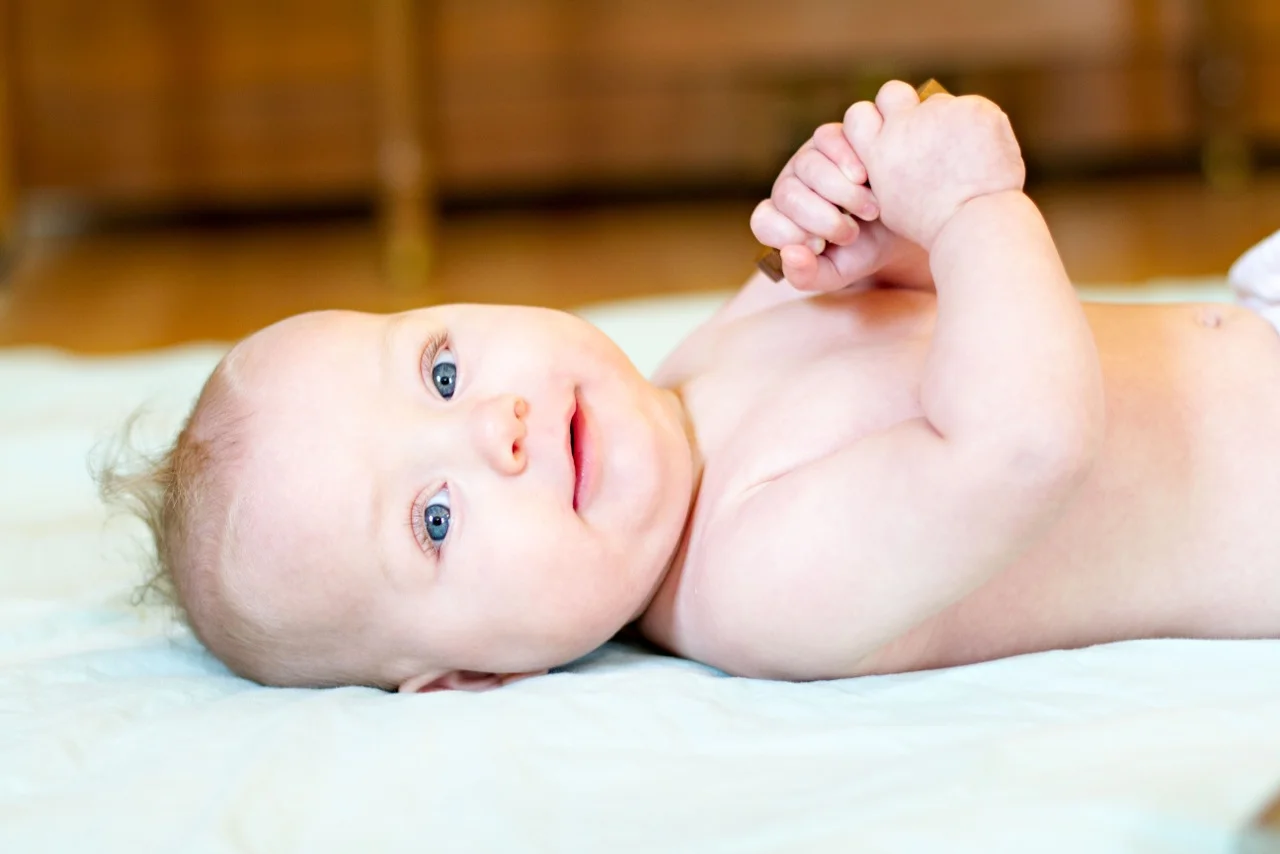Four big benefits to accepting your child’s big emotions
/
Everyday at the toddler center I work, a child cries or screams. As a matter of fact, it happens several times a day. This may come as no surprise to many of you -- we know this is what children do. So if that is true why do we try so hard to shut it down when it happens? Crying is a perfectly normal way for children to express their feelings. Yet many adults will bribe, distract, lie to or even threaten small children to get them to stop crying or yelling. Is it because these adults feel like they are teaching the children to be tough or control their feelings? Is it an attempt to teach them "socially acceptable" behaviors? Or is it because the adults are uncomfortable with strong feelings? It could be a combination of these, and perhaps other reasons -- people are complicated, after all. Despite these reasons here are some things I have seen that make me believe that allowing a child to feel their feelings to the fullest is truly beneficial.
No build up. Most of us have had the experience of something that was just eating away at us -- we talk about feelings building up until we explode. Young children simply don't have that. Because when they feel something they let it out. It is not until we are taught to suppress our emotions that we hold on to emotions until they fester inside us creating stress and sometimes real physical problems. I have heard people marvel that two children can be furiously yelling at one another one minute and the best of friends be next. It is because they feel their feelings and them let them go. Sometimes on the play yard if children aren't allowed to fully express their feelings about a conflict you will find that they go back to that conflict over and over until they can get it all out.
Working through to acceptance. Children often get angry or upset because there is something they don't want to accept. Whether it is the fact that mom is leaving and they have to stay at the school or that they can't go to the mall without an adult supervising, they disagree with the situation. However, I have observed that if they are allowed to express their full range of feelings on the matter they reach a level of acceptance on their own that they never really get to when they are manipulated into accepting -- or seeming to accept -- the situation.
Know thyself. Children are on a constant quest of discovery. They tirelessly seek to understand their world and themselves in it. If we allow children to have their feelings, the good, the bad and the ugly, they will better understand themselves. Many of us feel swept away or completely unlike ourselves when we explode Iin anger because we are always suppressing it and we haven’t been allowed to get to know that side of ourselves. I would argue that children who do understand themselves when they are angry are better able to control their actions. If you are not surprised or overwhelmed by your angry self you are far less likely to go completely out of control and hurt yourself or others.
Trust: I can be myself with you. Accepting our children’s emotions is truly accepting our children for who they are -- the whole package. When we are able to do that, they trust us and are more willing to be open and honest with us. They know that whatever they are feeling is ok with us. Now, we may place limits on their actions, but the feelings are fine. For example, if my son screams, “I hate my brother” and takes off to try and clobber his little brother with a plastic baseball bat., first I must stop him from hitting his brother. My primary job is to keep everyone safe. So I physically hold him back. Then, I can reflect back “You hate your brother right now.” I try very hard to say this calmly and without judgment. My child seeing that I am unruffled by his outburst will, 1) know that I can handle his big feelings and they don’t bother me, and 2) that I can support and love him no matter what. Now, the other thing to think about is how this affects the younger child who was screamed at and chased away. Because I stopped him from getting hit he knows that I put his safety first. Because I responded calmly and confidently to this big emotional outburst he too knows that it is nothing to fear or take too personally. He will also know that when his emotions are big, Mom can handle them. I am trusted to truly love them, no matter what.
Big emotions are a regular occurrence for small children. How we respond to these daily, if not hourly, occurrences have a great affect on how the child experiences their emotions, understands and trusts his parents or caregiver’s reactions to them, and develops an understand if his or her emotional self.
